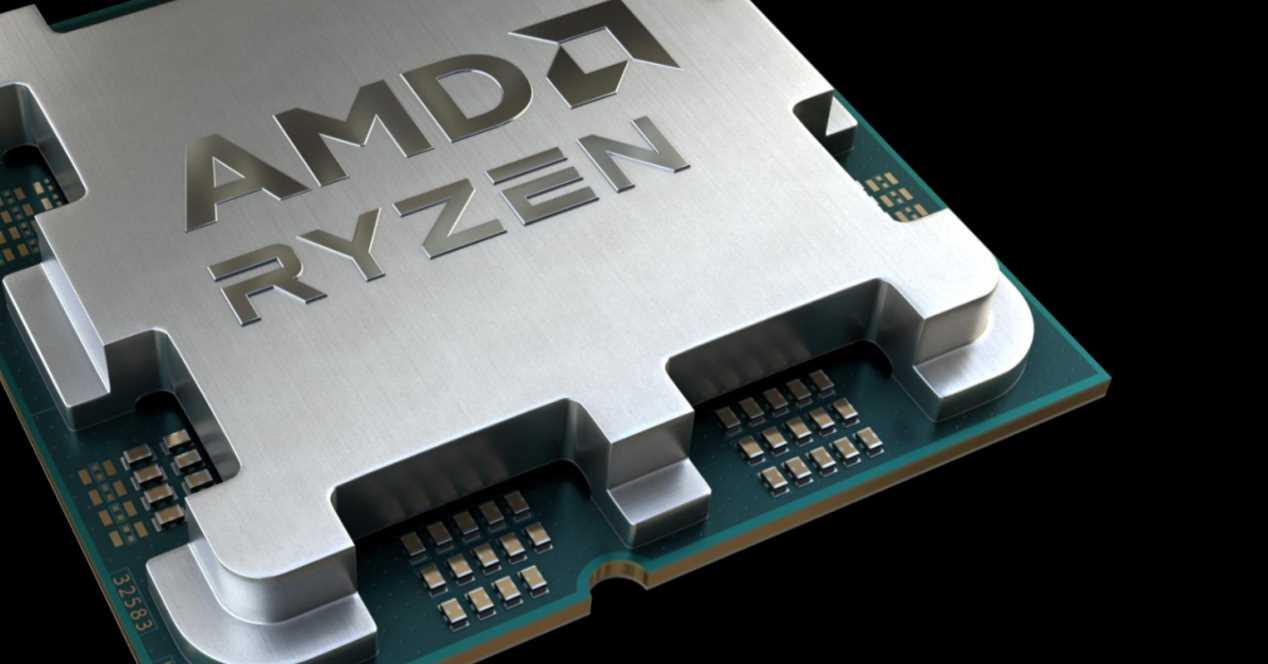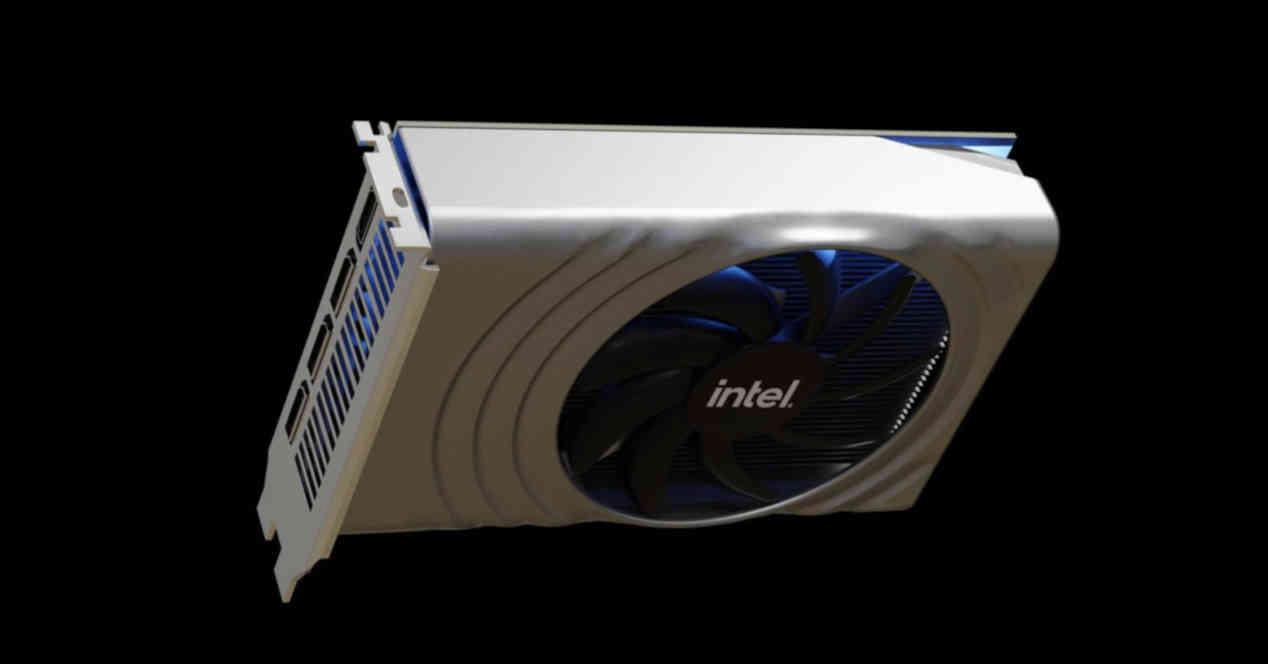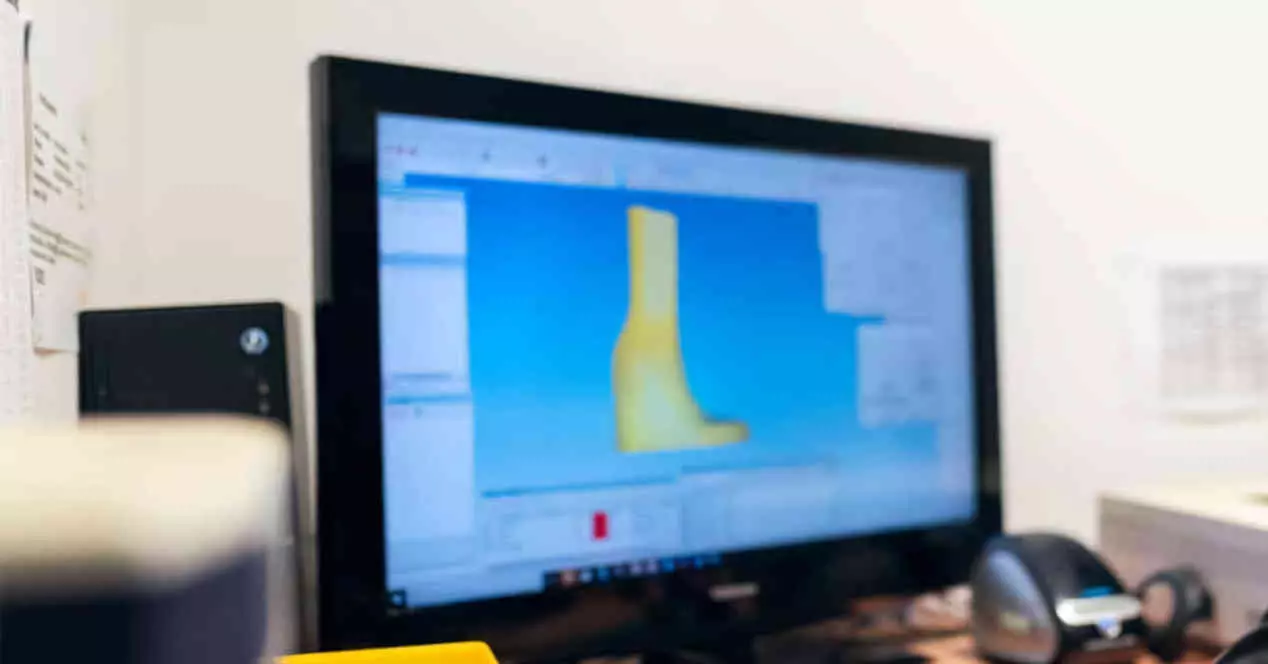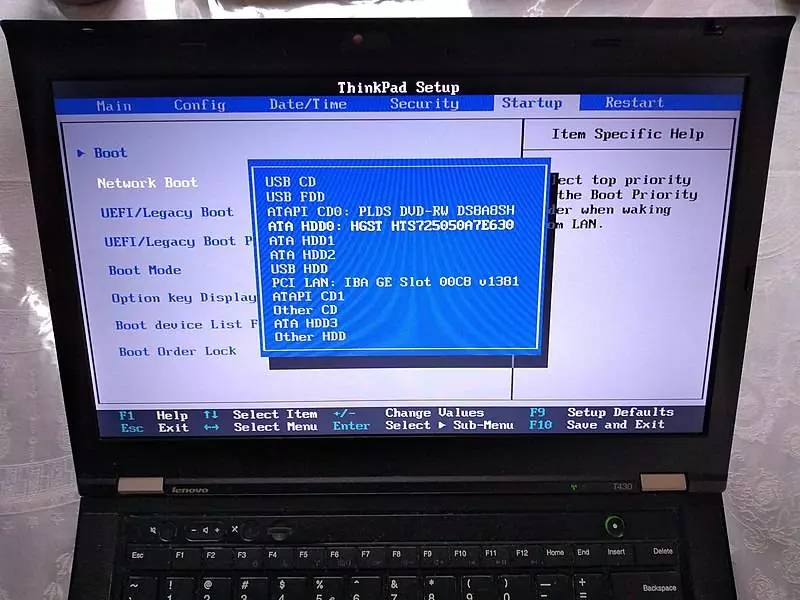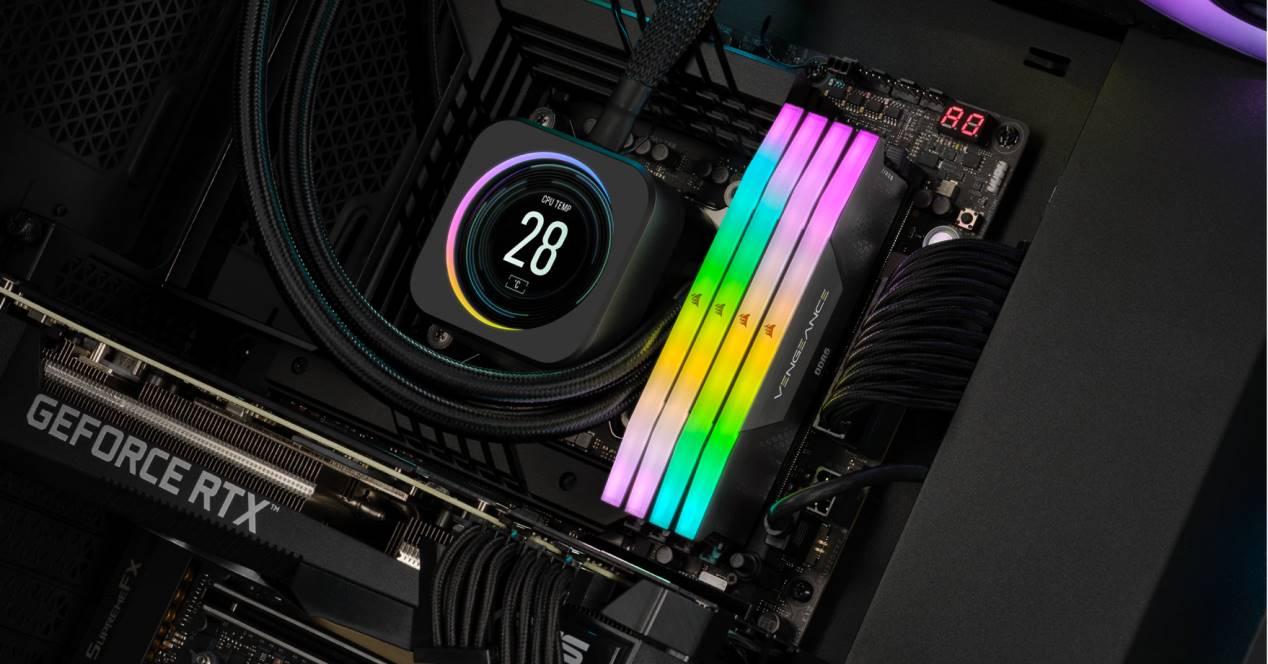
There are only a few days left for the launch of the processors Ryzen 7000 X3D, the variant of AMD processors with extended cache thanks to its V-Cache technology, which will place them above any other processor in performance. Well, Lisa Su’s company has revealed not only the prices, but also other details, which are not good news in terms of temperatures.
One of the problems that integrated circuits have in three dimensions is that by being based on several stacked chips and communicated through silicon pathways, this causes a thermal drowning between both parties. If we add to this that in the Ryzen 7000 X3D, together with the V-Cache, there is a high-performance CPU and in a reduced space due to the separation into small processor chips, then we have a considerable amount of heat concentrated in one point. The consequences? What from AMD have to recommend advanced cooling.
AMD recommends liquid cooling in its Ryzen 7000 X3D
And no, we are not saying it, but this comes from AMD’s own mouth, we are only doing the work of Hermes. The fact is that in the FAQ of the new Ryzen 7000 X3D we can see the following excerpt:
What translated from the language of the perfidious Albion to ours reads like this:
Whether you’re upgrading or rebuilding your first AM5 system, you can rest assured that we’ve taken the necessary steps to make the process as smooth as possible. You can install your new processor, update the BIOS and chipset driver and you’re all set. All of our AM5 BIOSes support an easy Flash feature (refers to being able to update the BIOS with a flash drive and pressing a button), so you don’t have to worry about BIOS compatibility.
For processors without a heat sink included in the box, such as our Ryzen 3000 processors with V-Cache 3D technology we recommend using a 280mm AIO liquid cooling radiator for best performance. You can find a range of radiators for the Ryzen 7000 on the AMD website.
In other words, if you do not want the clock speed of your Ryzen 7000 X3D to be affected by the high temperatures reached by the chiplets with the Zen 4 architecture cores, then you have no choice but to mount liquid cooling on the Ryzen 7000X3D.
Why is it bad news?
The fact that literally a manufacturer recommends mounting a liquid cooling radiator on a processor no matter how high-end and very enthusiastic it is is bad news. More than anything due to the fact that it is not a type of cooling for everyone and the fact that we have seen criticisms based in the same direction towards Intel.
We didn’t expect AMD to fall into the trap of having to push the limits to have the fastest processor on paper. The key question is: to what extent is the clock speed and performance of the Ryzen 7000 X3D reduced if I use a conventional air cooler? In any case, the RL requires maintenance and this is something that unfortunately many users do not do to their computers, hence why we consider all this as something negative.

